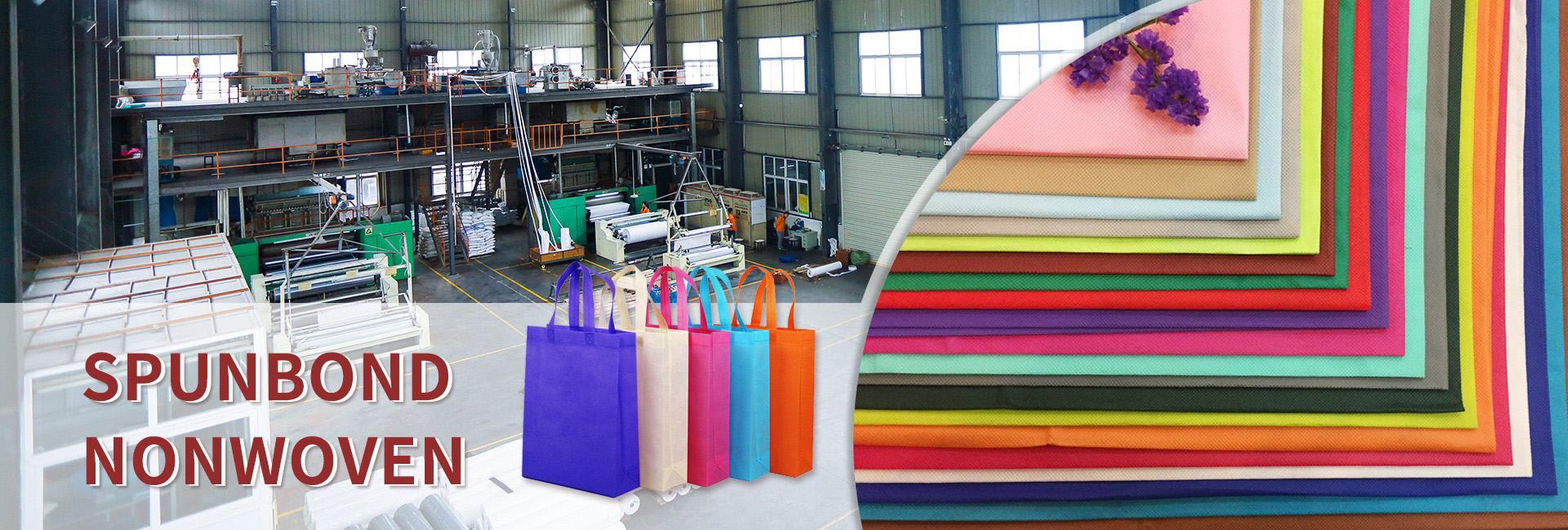Anti dumping investigation
On May 27, 2024, the Colombian Ministry of Trade, Industry and Tourism issued Announcement No. 141 on its official website, announcing the preliminary anti-dumping ruling on polypropylene non-woven fabrics originating from China with a weight range of 8 grams/square meter to 70 grams/square meter (Tela no Tejida Fabricada a partir de Polipolilino de Peso desde 8 g/m2 Hasta 70 g/m2). The preliminary ruling states that temporary anti-dumping duties will not be imposed and anti-dumping investigations will continue. The Colombian tax codes for the products involved are 5603.11.00.00 and 5603.12.90.00. The announcement will take effect from the day after it is published in the official Colombian daily newspaper.
On March 7, 2024, the Colombian Ministry of Trade, Industry and Tourism released Announcement No. 049 on its official website, announcing the initiation of an anti-dumping investigation into polypropylene non-woven fabrics originating in China, in response to the application of Colombian company PGI COLOMBIA LTDA.
The situation of Colombia’s textile industry
Colombia is a country with a relatively developed textile and clothing industry among Latin American countries, especially with strong competitiveness in the clothing industry, occupying an important position among South American countries.
At present, there are more than 50 textile factories and over 5000 clothing factories. According to the Colombian Export Promotion Association, there are currently 2098 enterprises engaged in textile and clothing exports in Colombia, with a total of 20 enterprises with an export value of over 10 million US dollars. Among them, there is 1 enterprise with an export value of over 50 million US dollars, 9 enterprises with an export value of 20-50 million US dollars, and 10 enterprises with an export value of 10-20 million US dollars. The textile and clothing enterprises engaged in exports are mainly located in Kundinamaka Province, Antioquia Province, Cauca Valley Province, Santander Province, etc. Larger textile and clothing enterprises are concentrated in Medellin, the capital of Antioquia. At present, there are more than 50 textile factories and over 5000 clothing factories.
In recent years, the proportion of exports of textile and clothing products in the total export value has been over 6%, with some years exceeding 8%. In 2003, the export value of textile and clothing products was 1.006 billion US dollars, a year-on-year increase of 14.5%, accounting for 7.73% of the total export value. The proportion of imported textile and clothing products in the total import volume is over 5%. In 2003, imports reached 741 million US dollars, a year-on-year increase of 5.5%, accounting for 5.3% of the total import volume. The imported products are mainly textiles, which is about six times the amount of clothing imports. Affected by climate factors, the consumption in the Ge market mainly consists of summer and spring/autumn clothing. Local competitive products include: underwear, swimwear, children’s clothing, shirts, pants, suits; Products with relatively weak local competitiveness: sweaters, casual wear.
The export situation of textile products from China to Colombia
In recent years, my exports of textiles and clothing to my brother have maintained rapid growth. In 2003, I exported 56.81 million US dollars worth of textiles to my brother, a year-on-year increase of 57.4%; Clothing exports amounted to 14.18 million US dollars, a year-on-year increase of 61.5%. At present, my exports to Colombia mainly focus on textiles, and I have a certain understanding of my main textile products in the Colombian market. I mainly rely on price advantages for exporting clothing to my brother, and currently have a low level of awareness in the brother market.
Response suggestions
Faced with such anti-dumping investigations, Dongguan Liansheng, with its profound industry experience and professional team, proposed to effectively avoid anti-dumping duties through third-party transit trade. This strategy can not only help Chinese companies maintain their competitiveness in the international market, but also ensure the smooth export of products to the Colombian market.
The process of transit trade includes:
Firstly, export the goods from China to a third country such as Malaysia through normal customs clearance;
Secondly, after the goods arrive in the third country, customs clearance, container exchange, and relevant documents such as the certificate of origin are processed locally;
Finally, the goods are re exported to Colombia through a third country, using the third country’s certificate of origin and other documents for customs clearance, effectively avoiding anti-dumping duties.
The transit trade scheme not only allows enterprises to avoid high anti-dumping duties, but also to enjoy more flexible international trade processes, reduce transaction costs, and maintain the market competitiveness of their products. In addition, the transit service of Jingwei Jiyun also includes full process visual tracking, exclusive customer service support, and security guarantees to ensure the safety of goods and funds.
The challenges brought by Colombia’s anti-dumping investigation into polypropylene non-woven fabrics from China have prompted Chinese exporters to seek more efficient and safe export solutions. Jingwei Jiyun provides a clear avoidance path for enterprises with its professional transit trade services. By utilizing third-party transit trade, not only can it effectively respond to anti-dumping investigations, but it can also help companies reduce potential trade barriers and lay a solid foundation for international market competition of Chinese products. Faced with the complex challenges of global trade, Jingwei Jiyun will continue to support enterprises in expanding their international markets and achieving greater commercial success.
Dongguan Liansheng Non woven Technology Co., Ltd. was established in May 2020. It is a large-scale non-woven fabric production enterprise integrating research and development, production, and sales. It can produce various colors of PP spunbond non-woven fabrics with a width of less than 3.2 meters from 9 grams to 300 grams.
Post time: Aug-19-2024

